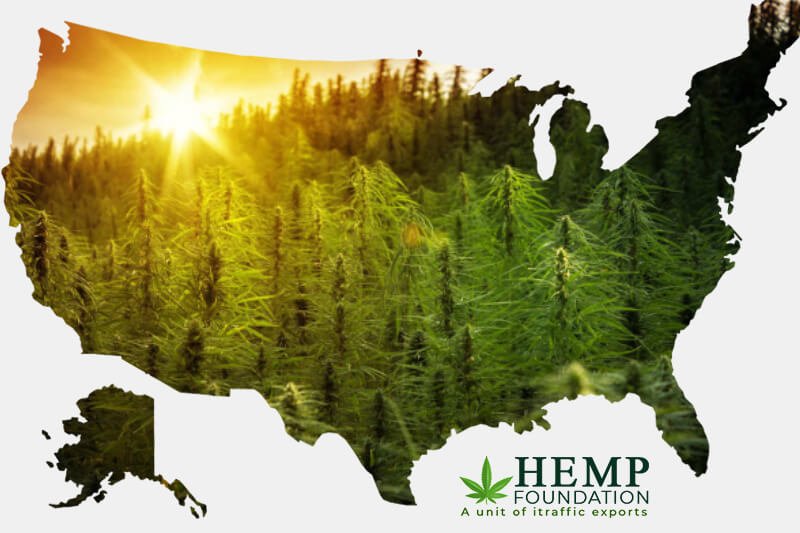[vc_row][vc_column][vc_column_text]
Hurdle for Hemp Industry
[/vc_column_text][vc_column_text]Hemp Industry is being touted as a multi-billion supply chain industry globally and all stakeholders.
Whether they are hemp farmers, researchers, suppliers, e-commerce players, are bullish about the potential positive effect of industrial hemp products.
There is just one problem: the slow pace of regulatory implementations, conflicting laws, and the bias of authorities.
 Though things are not as bad now, especially after the hemp was taken out of the list from the Controlled Substances Act in the 2018 Farm Bill in the United States.
Though things are not as bad now, especially after the hemp was taken out of the list from the Controlled Substances Act in the 2018 Farm Bill in the United States.
This brought relief to hemp entrepreneurs as legal and regulatory obstacles vanished suddenly.
Now IP protection, tax-deductions are all available to help entrepreneurs like any other Agri-commodity crop.
So many headaches associated with doing business are gone now. There is no fear that CBD products will be taken off the shelves.
Banking accounts can now be opened easily for hemp companies. There is no threat of the dreaded 280E tax code.
Hemp program activists have finally succeeded in their goal after lobbying for decades; still, there are some bottlenecks that need to be removed.
The department of agriculture USDA has not finalized on hemp regulation and most likely this can be completed only before the 2020 planting season.
The US Food and Drug Administration (FDA) is still not ready to allow CBD in dietary supplements.
And last but not least, insurance companies are not ready to offer insurance cover to hemp crops until the average yield is better understood.[/vc_column_text][vc_column_text]
Conflicting Laws Regarding Hemp Business in the US
[/vc_column_text][vc_column_text]Conflicting Laws and federal laws are still conflicting and it’s a big hurdle in standardizing business practices for practitioners in the hemp Business.
It has also discouraged crop insurers to participate in this market. Cannabis & cannabis business is still under the Controlled Substances Act (CSA) and falls under Schedule I drugs.
FDA has a clear bias against CBD products. It has consistently ignored the positive health and medicinal effects of CBD and did not lift the ban on CBD products.
These contradictions are obstacles in the development of the hemp market and industrial hemp products. However, entrepreneurs are optimistic about the prospect of the hemp program.[/vc_column_text][vc_column_text]Many discrepancies exist in the sale of hemp or its derivatives, marketing and sales of hemp products like hemp fiber, hemp oil, hemp Seed etc.
Changes first take place in the economy, regulations come later. Hemp is no exception to this rule. Though authorities are slow to react, they have, at least, started moving.
We can hope in the next couple of years, many such existing discrepancies and bottlenecks will be a thing of the past. Hemp plants is an idea that has finally arrived.
It is a product of the future with great potential to curb the menace of global warming, plastic pollution and water scarcity.
This is also the matter for the livelihoods of hemp farmers and hemp growers. The government has no option but to sit and take notice.
They will have to act as a facilitator or else it will be too late for humanity.
You will love to read this too: How Hemp Can Save Our Planet from Plastic Pollution
You will love to read this too: Know Benefits of Using Hemp Clothes and How It can help tackle Water Scarcity[/vc_column_text][/vc_column][/vc_row]

